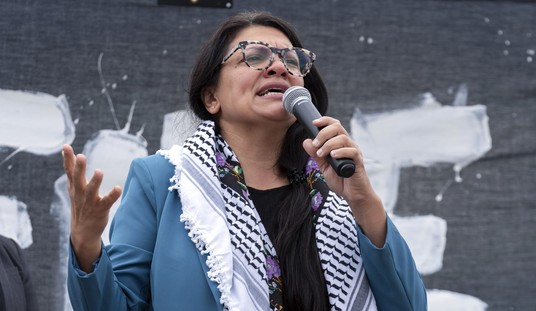This evening, after I write this piece, I will be voting in the Oscars, for the first time online. (I have been an Academy member since 1985 and we have always voted during that period on written forms mailed directly to Price Waterhouse.) The Academy discourages us from revealing our votes – so I won’t. (At least not here. Watch the next Poliwood and you might get some idea.)
But I will tell you one film I will not be voting for — Zero Dark Thirty, Kathryn Bigelow and Mark Boal’s version of the hunt for Bin Laden. It’s not that the filmmakers are untalented. As I mentioned a few years ago on Poliwood, I quite admired their 2008 opus The Hurt Locker. But Zero Dark Thirty felt rushed and disorganized. Even a news junkie like me often didn’t know what was happening or why.
Perhaps the killing of Bin Laden defies telling in a feature film. The material is too vast and a mini-series would have been better, especially since it is fraught with irony and Bin Laden’s assassination may have been, in the end, irrelevant. (“Obama, Obama, we are all Osama.”) In any case, two hours plus is just not enough.
One story, however, cries out for cinematic dramatization — Benghazi.
It is concise and highly dramatic. And mysteries abound – just where was the president of the United States that night our ambassador and others were under terror attack in North Africa? Why wasn’t Obama directly involved? Why did the secretary of State pay so little attention? Just what was our ambassador to Libya doing in Benghazi that night anyway? Why were the perpetrators allowed to escape? Why did the president lie for weeks about what transpired, trying to make a hopeless video nobody saw seem the cause of the event? And why were his lies covered up by CNN’s Candy Crowley? Why was no attempt made to save our people in the first place? (I could go on, but you get the drift.)
Though I could guess (and the Daily Mail has some theories), I don’t know the definitive answer to any of these questions, but I do know one thing: If I did… if anybody did… know the truth, Benghazi would be one helluva movie. And a commercial one.
But would anybody make it?
That’s the question.
Unfortunately, I am not optimistic. The major studios certainly would pass. They would never risk embarrassing a sitting president. The production of such a film would be up to brave independents. And a fictional film — not a documentary — on such a topic would be expensive, especially if you wanted a competent, professional production. If you don’t have that, you have nothing.
Nevertheless, it’s time for people on the right to get to work attempting to make films like a Benghazi. The subject matter — domestic and foreign — is limitless, so much has not been touched.
A few documentaries have been made recently, but the truth about docs is that they have nothing like the reach of fictional features. They rarely do more than preach to the choir, even when they are successful (and that’s rare). A well-made fictional film can do much more. It can stealthily infiltrate minds. It can change people’s heads without them knowing it. It can attract and influence young people through entertainment.
When I announced last week I was leaving my executive post at PJM to try to do some of this myself, I was quite serious. I am already deeply involved writing a script on a subject I cannot reveal — but trust me, it’s incendiary. It’s almost like a fictional rebuttal to Tuesday’s State of the Union address, which was a blueprint for pervasive government.
Ironically, or maybe not so ironically, this undertaking is being financed by a Russian company for a young Russian director. These people have first-hand knowledge and then some of the perils of socialism. They don’t have to read Hayek, or 1984 for that matter. They lived it.
I hope that American companies will soon emerge to address similar material. I and several other people I know are ready to roll up our sleeves.
Also read: The Unreality-Based Presidency









Join the conversation as a VIP Member